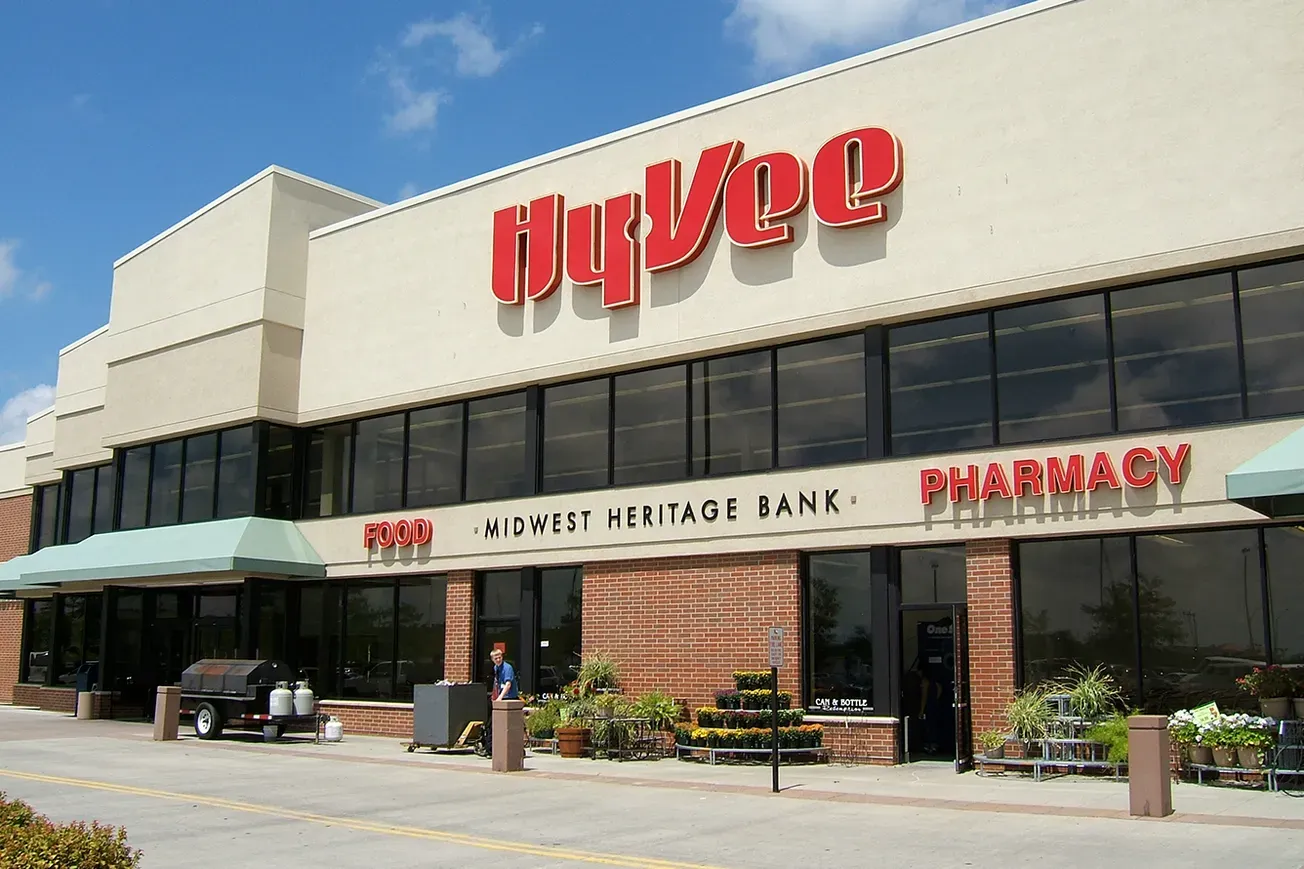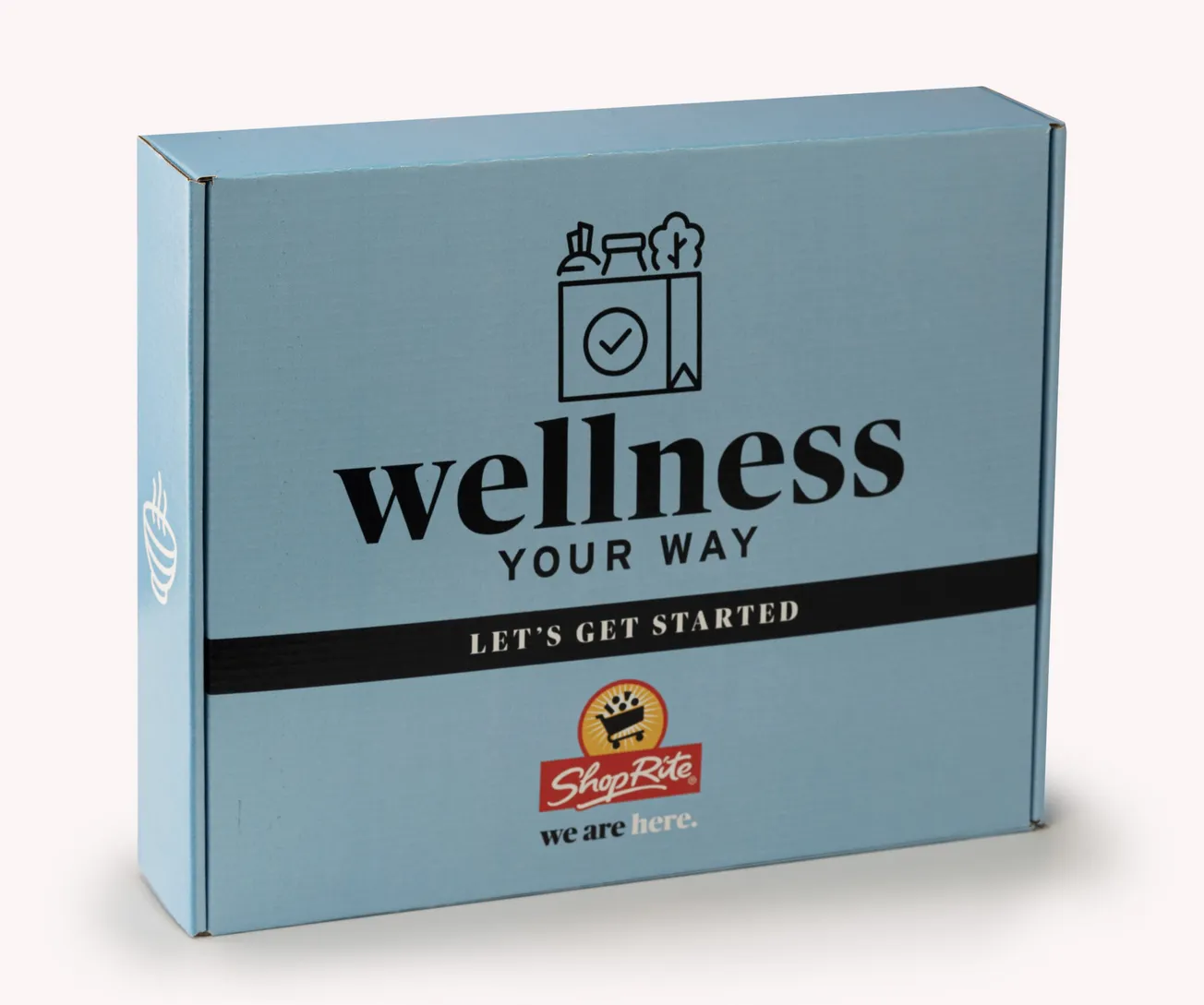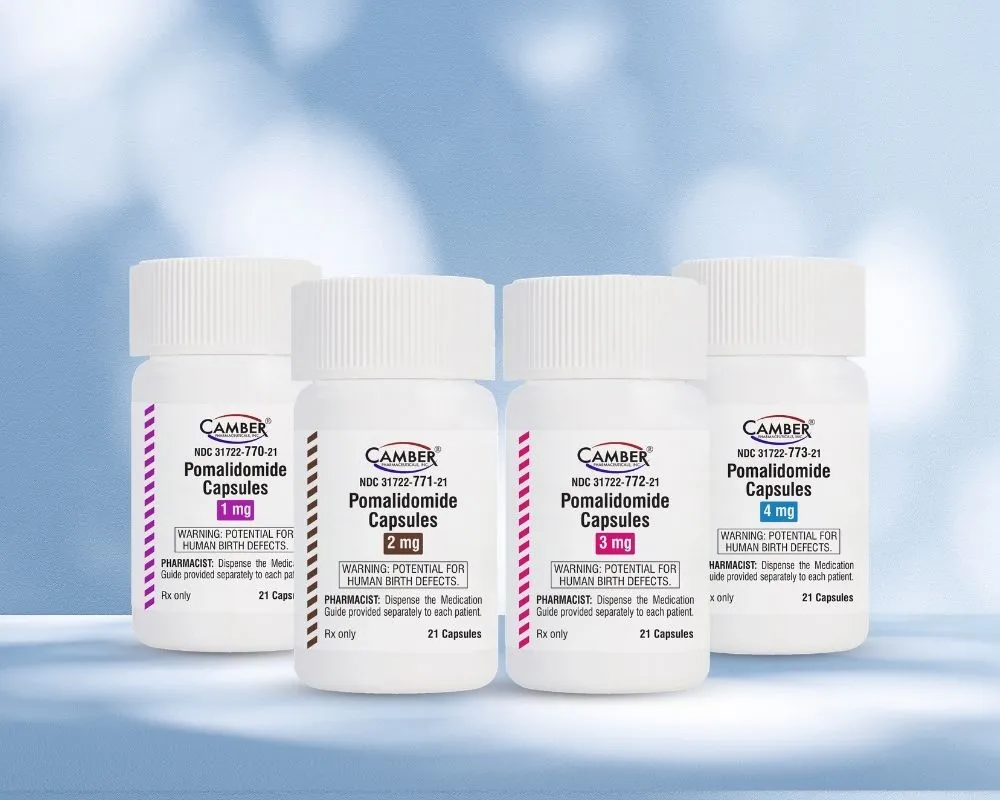ALEXANDRIA, Va. — Legislation that would provide states with incentives for using generic medications through the Medicaid program has been endorsed by the National Association of Chain Drug Stores.
The bill, the Affordable Medicines Utilization Act of 2011, was introduced by Rep. Charles Bass (R., N.H.).
“The majority of Medicaid prescriptions — 70% — are filled by chain pharmacies. Local pharmacies across the country work with state Medicaid programs to promote best practices and help to implement policies that promote the use of generic medications. Increasing generic utilization is the most effective way to control prescription drug costs,” NACDS president and chief executive officer Steve Anderson writes in a letter to Bass.
“Community pharmacies are leading the way to maximize the use of generic drugs with a higher generic dispensing rate (71%) than any other practice setting. For every 1% increase in generic utilization, the Medicaid program could save approximately $809 million. For example, in calendar year 2010 the Hawaii fee-for-service Medicaid program had the highest generic dispensing rate in the nation at 82.7%. If all other states could match the Hawaii rate, the Medicaid program could save $9.49 billion.”
NACDS notes that the bill would provide states with 50% of the share of generated savings in cases in which a state has an increase in generic utilization rate for fiscal years 2012, 2013 and 2014.
The trade association stresses that such spending should not be evaluated in a vacuum and that patient access to convenient, cost-effective pharmacy services — including medication counseling, vaccinations, screenings and health education — help to improve patient health and prevent the need for costly forms of care.
“In this time of deficit reduction, we believe the Affordable Medicines Act would generate critical health care savings and reward states for developing sound policies that increase generic dispensing. We are pleased to offer our strong support for this important legislation, and applaud your leadership in promoting solutions that both reduce health care spending and maintain patient access to more affordable health care services,” writes Anderson.
Reps. Jo Ann Emerson (R., Mo.) and Peter Welch (D., Vt.) are original cosponsors of Bass’ bill, (H.R. 3342). Bass’ legislation is a companion bill to one introduced over the summer by Sen. Scott Brown (R., Mass.).
“At a time when we must rein in federal spending, Congress should be seeking innovative ways to save taxpayer money, especially in programs like Medicaid. New Hampshire has a strong track record of saving taxpayer money in the Medicaid program through a law that requires the state to purchase the least expensive drug available. By giving states incentives to increase their generic drug utilization and keeping some of the savings, we can encourage other states to follow New Hampshire’s lead,” says Bass.




